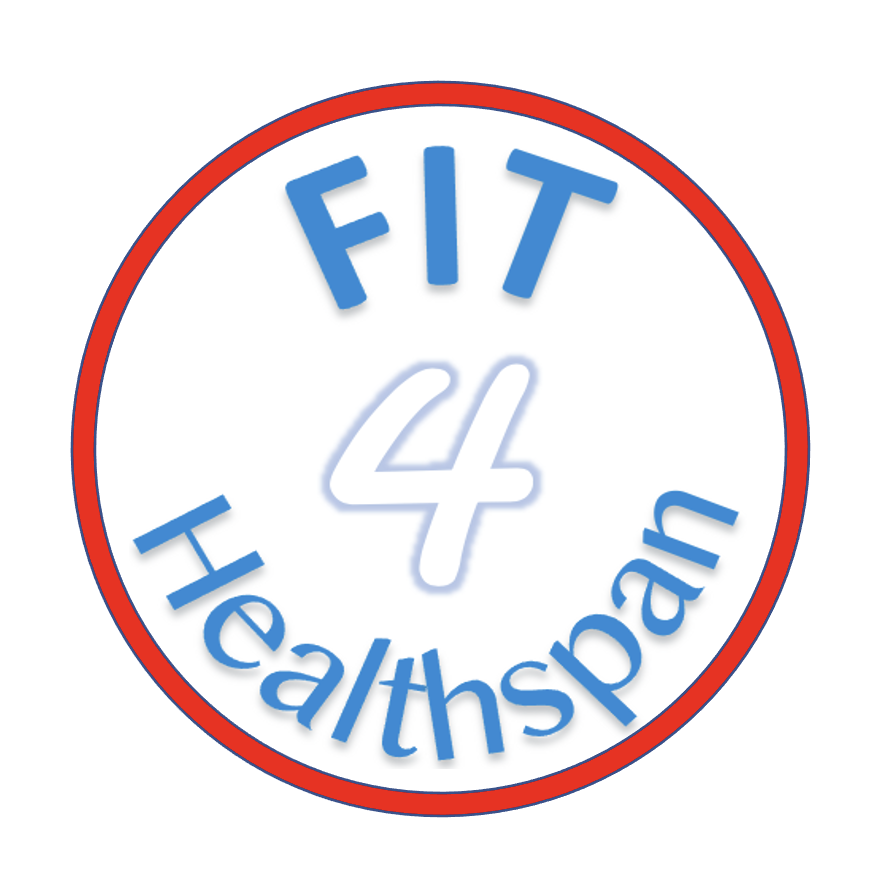Scientific Evidence and Articles
Over 200 Scientists & Doctors Call For Increased Vitamin D Use To Combat COVID-19
Scientific evidence indicates vitamin D reduces infections & deaths
Vitamin D modulates thousands of genes and many aspects of immune function, both innate and adaptive. The scientific evidence1 shows that:
Higher vitamin D blood levels are associated with lower rates of SARS-CoV-2 infection.
Higher D levels are associated with lower risk of a severe case (hospitalization, ICU, or death).
Intervention studies (including RCTs) indicate that vitamin D can be a very effective treatment.
Many papers reveal several biological mechanisms by which vitamin D influences COVID-19.
Causal inference modelling, Hill’s criteria, the intervention studies & the biological mechanisms indicate that vitamin D’s influence on COVID-19 is very likely causal, not just correlation.
Protective Role of Combined Polyphenols and Micronutrients against Influenza A Virus and SARS-CoV-2 Infection In Vitro
by Marta De Angelis 1, David Della-Morte 2,3,4,*, Gabriele Buttinelli 5, Angela Di Martino 5, Francesca Pacifici 2, Paola Checconi 3, Luigina Ambrosio 5, Paola Stefanelli 5, Anna Teresa Palamara 1, Enrico Garaci 3, Camillo Ricordi 6 and Lucia Nencioni 1,*
1 Laboratory Affiliated to Istituto Pasteur-Fondazione Cenci Bolognetti, Department of Public Health and Infectious Diseases, Sapienza University of Rome, 00185 Rome, Italy
2 Department of Systems Medicine, University of Rome “Tor Vergata”, 00133 Rome, Italy
3 Department of Human Sciences and Quality of Life Promotion, San Raffaele Roma Open University, IRCCS San Raffaele Roma, 00166 Rome, Italy
4 Department of Neurology and Evelyn F. McKnight Brain Institute, Miller School of Medicine, University of Miami, Miami, FL 33136, USA
5 Department of Infectious Diseases, Istituto Superiore di Sanità, 00161 Rome, Italy
6 Cell Transplant Center, Diabetes Research Institute, University of Miami Miller School of Medicine, Miami, FL 33136, USA
Authors to whom correspondence should be addressed.
Differential effects of endurance, interval, and resistance training on telomerase activity and telomere length in a randomized, controlled study
Authors:
Christian M Werner,1 Anne Hecksteden,2 Arne Morsch,3 Joachim Zundler,1 Melissa Wegmann,2 Jürgen Kratzsch,4 Joachim Thiery,4 Mathias Hohl,1 Jörg Thomas Bittenbring,5 Frank Neumann,5 Michael Böhm,1 Tim Meyer,2 and Ulrich Laufs6
L’ATTIVITÀ FISICA INTENSA RALLENTA L’INVECCHIAMENTO DI 9 ANNI
Authors:
Massimo Spattini Peak Performance
POSEIDON study: a pilot, safety and feasibility trial of high-dose omega3 fatty acids and high-dose cholecalciferol supplementaton in type 1 diabetes
Authors:
Baidal D. A., Sanchez J., Alejandro R., Blaschke C. E., Hirani K., Matheson D. L., Messinger S., Pugliese A., Rafin L. E., Roque L. A., Vera Ortz J. M. and Ricordi C.
Vitamin D and Marine n-3 Fatty Acid Supplementation and Prevention of Autoimmune Disease in the VITAL Randomized Controlled Trial
Authors:
Jill Hahn, Nancy Cook, Erik Alexander, Sonia Friedman, Vadim Bubes, Joseph Walter, Gregory Kotler, I-Min Lee, JoAnn Manson and Karen Costenbader, 1Harvard T.H. Chan School of Public Health, Boston, MA, Brigham and Womens' Hospital, Boston, MA, Brigham and Women's Hospital/ Harvard Medical School, Boston, MA, Brigham and Women's Hospital, Belmont, MA
Role of Exercise and Natural Protective Substances on Sirtuin Activation
Authors:
Camillo Ricordi1,2*, Silvano Zanuso3,4*, Marco Menichelli2,5
The long history of vitamin C: from prevention of the common cold to potential aid in the treatment of COVID-19
Authors:
Giuseppe Cerullo, Massimo Negro, Mauro Parimbelli, Michela Pecoraro, Simone Perna, Giorgio Liguori, Mariangela Rondanelli, Hellas Cena and Giuseppe D’antona
Novel Insights Into Immune Systems of Bats
Authors:
Arinjay Banerjee, Michelle L. Baker, Kirsten Kulcsar, Vikram Misra, Raina Plowright and Karen Mossman
Diet Supplementation, Probiotics, and Nutraceuticals in SARS-CoV-2 Infection: A Scoping Review
Authors:
Fabio Infusino ,Massimiliano Marazzato,Massimo Mancone ,Francesco Fedele ,Claudio Maria Mastroianni Paolo Severino ,Giancarlo Ceccarelli ,Letizia Santinelli ,Elena Cavarretta ,Antonino G. M. Marullo ,Fabio Miraldi, Roberto Carnevale ,Cristina Nocella ,Giuseppe Biondi-Zoccai ,Cristiano Pagnini,Sonia Schiavon ,Francesco Pugliese ,Giacomo Frati and Gabriella d’Ettorre
A linear prognostic score based on the ratio of interleukin-6 to interleukin-10 predicts outcomes in COVID-19
Authors:
Oliver J McElvaneya, Brian D Hobbsc, Dandi Qiaoc, Oisín F McElvaneya, Matthew Mollc,Natalie L McEvoye, Jennifer Clarkeb, Eoin O’Connorb, Sean Walsh, Michael H Choc, Gerard F Curleyb, Noel G McElvaneya
Supplementation with eicosapentaenoic acid (EPA) and docosahexaenoic acid (DHA) reduces high levels of circulating pro-inflammatory cytokines in aging adults: A randomized, controlled study
Authors:
Alai Tana, Brent Sullenbargera, Ruchika Prakashb, Jodi C. McDaniela
Resolvins in inflammation: emergence of the pro-resolving superfamily of mediators
Authors:
Charles N. Serhan, Bruce D. Levy
Relation between Vitamin D and COVID-19 in Aged People: A Systematic Review
Authors:
Moustapha Dramé, Cécilia Cofais, Maxime Hentzien, Emeline Proye, Pécory Souleymane Coulibaly, David Demoustier-Tampère, Marc-Henri Destailleur, Maxime Lotin, Eléonore Cantagrit, Agnès Cebille, Anne Desprez, Fanny Blondiau, Lukshe Kanagaratnam, Lidvine Godaert


